No Other Land’s Hamdan Ballal reflects on his brutal arrest and Oscar win in essay for New York Times
Hamdan Ballal, the Palestinian co-director of the Oscar-winning documentary No Other Land who was arrested by Israeli forces, has reflected on his detention and the circumstances surrounding it in a powerful essay for the New York Times.
News of Ballal being attacked by Israeli settlers was reported on March 25. He was then detained by the Israeli authorities, much to the shock of the internet. According to co-director Yuval Abraham, Ballal sustained injuries to his head and stomach, was zip-tied and blindfolded. He was released the following day.
A lacklustre response from the Academy of Motion Picture Arts and Sciences drew outrage from over 600 Oscar voters, including prominent figures such as Mark Ruffalo, Javier Bardem, Penèlope Cruz, Emma Thompson, Joaquin Phoenix, John Cusack, Susan Sarandon, and Olivia Colman, who signed an open letter criticising the Academy for its vague and muted response. This was later followed by an apology from the Academy.
“On March 2, I won an Academy Award for best documentary for a film I co-directed, No Other Land. It’s hard to put into words how that moment felt. It was one of the most incredible moments of my life.
“Three weeks later, I was brutally attacked in my home and arrested. In an instant, it was as if the Oscars had never happened, as if the award didn’t mean anything,” he wrote in the essay, detailing the “near-daily violence and harassment of the settlers and the Israeli Army enforcing the occupation” that disrupts their simple lives in Susiya, a small village on the southern edge of the West Bank.
He described the joy — and shock — upon learning that No Other Land won an Oscar. “Our stories, our communities and our voices were in the spotlight. Our struggle and our suffering were on display, and the world was watching — and supporting us. For years, we have been desperately trying to make our names and our struggle known. Now we had succeeded beyond anything any of us could have ever imagined.”
When No Other Land won Best Documentary at the Oscars in March, its makers highlighted the violence of the Israeli occupation. Ballal described it in his essay as a movie made to “bring attention to the situation where I live, to try to bring change to our communities, but when I was attacked, I realised that we were still trapped in the same grinding loop of violence and subjugation”.
Describing his brutal attack, he said thought it received large amounts of press coverage, it was “not unique in any way”.
“I want you to know our land does not know only violence. There are dozens of small, pastoral Palestinian villages that make up this region. The landscape here is beautiful and wide,” he wrote, describing an idyllic life of starting their mornings with cups of tea and tending to their animals.
“But with this near-daily violence, we feel on the precipice of losing everything. When we are unable to shepherd and farm because of constantly encroaching settlements and ever more aggressive settlers and soldiers, we lose our income, our source of food, our traditions and our way of life. Fear is a constant, from morning to night. Our energies are consumed by keeping ourselves and our children safe.”
Ballal wrote that on the day of the attack, he felt both fear and heartbreak. “My heart was broken from the disappointment. From the sense of failure. From the powerlessness. Three weeks earlier, on the Oscar stage, I had a taste of power and possibility,” he said. “But even though our movie received global recognition, I felt I had failed — we had failed — in our attempt to make life better here. To convince the world something needed to change. My life is still at the mercy of the settlers and the occupation. My community is still suffering from unending violence. Our movie won an Oscar, but our lives are no better than before.”
He lamented that there are no laws to protect them and no international bodies that are pushing to stop the violence. “And yet, in spite of all this and in spite of what I’ve been through and my community has experienced, there are still some bits of hope that remain from what I saw and felt at the Oscars and over the past year presenting our movie around the world.
“The press attention that the attack in Susiya received because of our Oscar victory was unlike anything we experienced before. The messages and voices of support around the world have been overwhelming. I know that there are thousands and thousands of people who now know my name and my story, who know my community’s name and our story and who stand with us and support us. Don’t turn away now.”
Cover photo: AFP






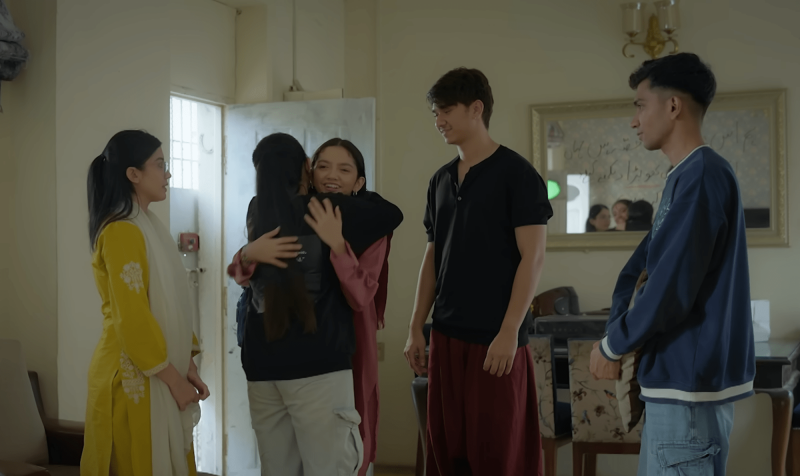
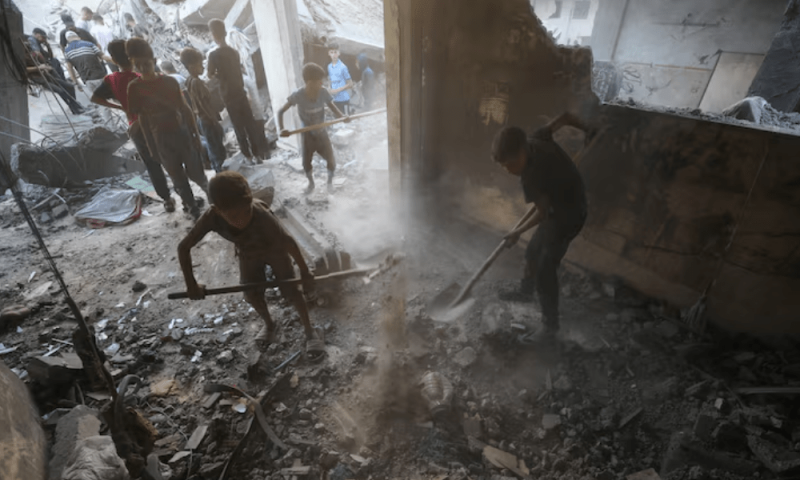

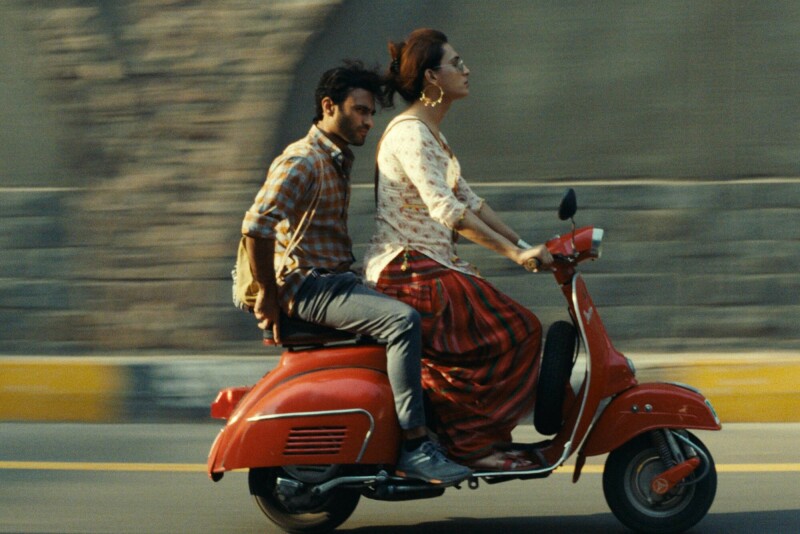

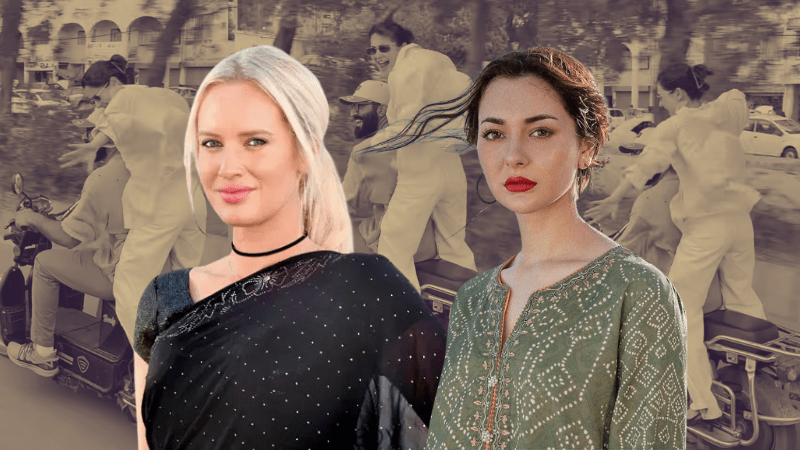
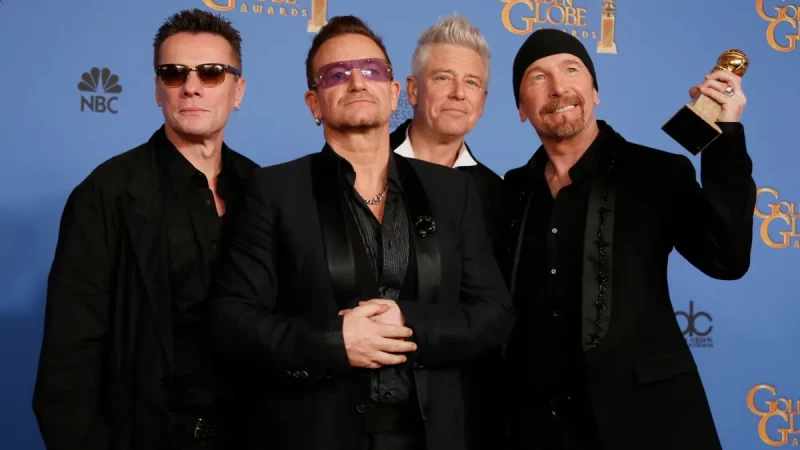
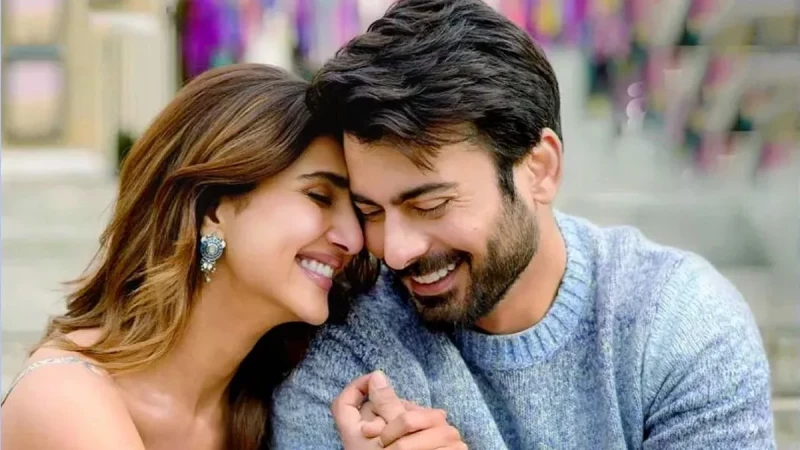

Comments